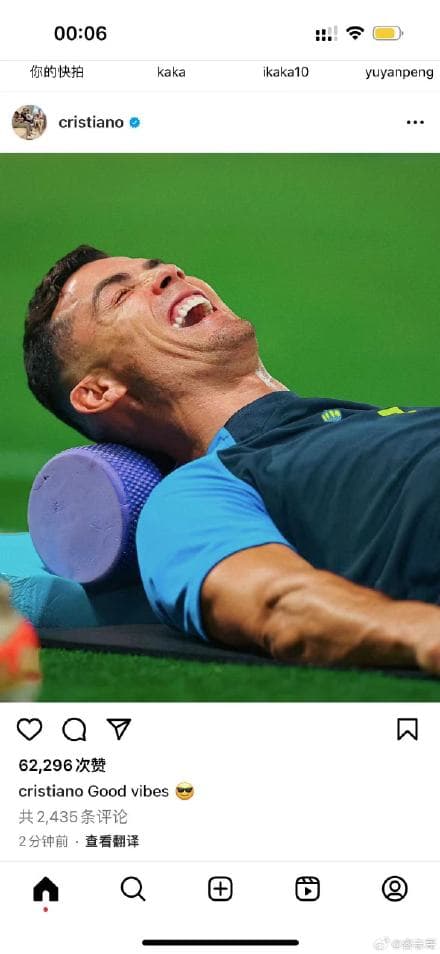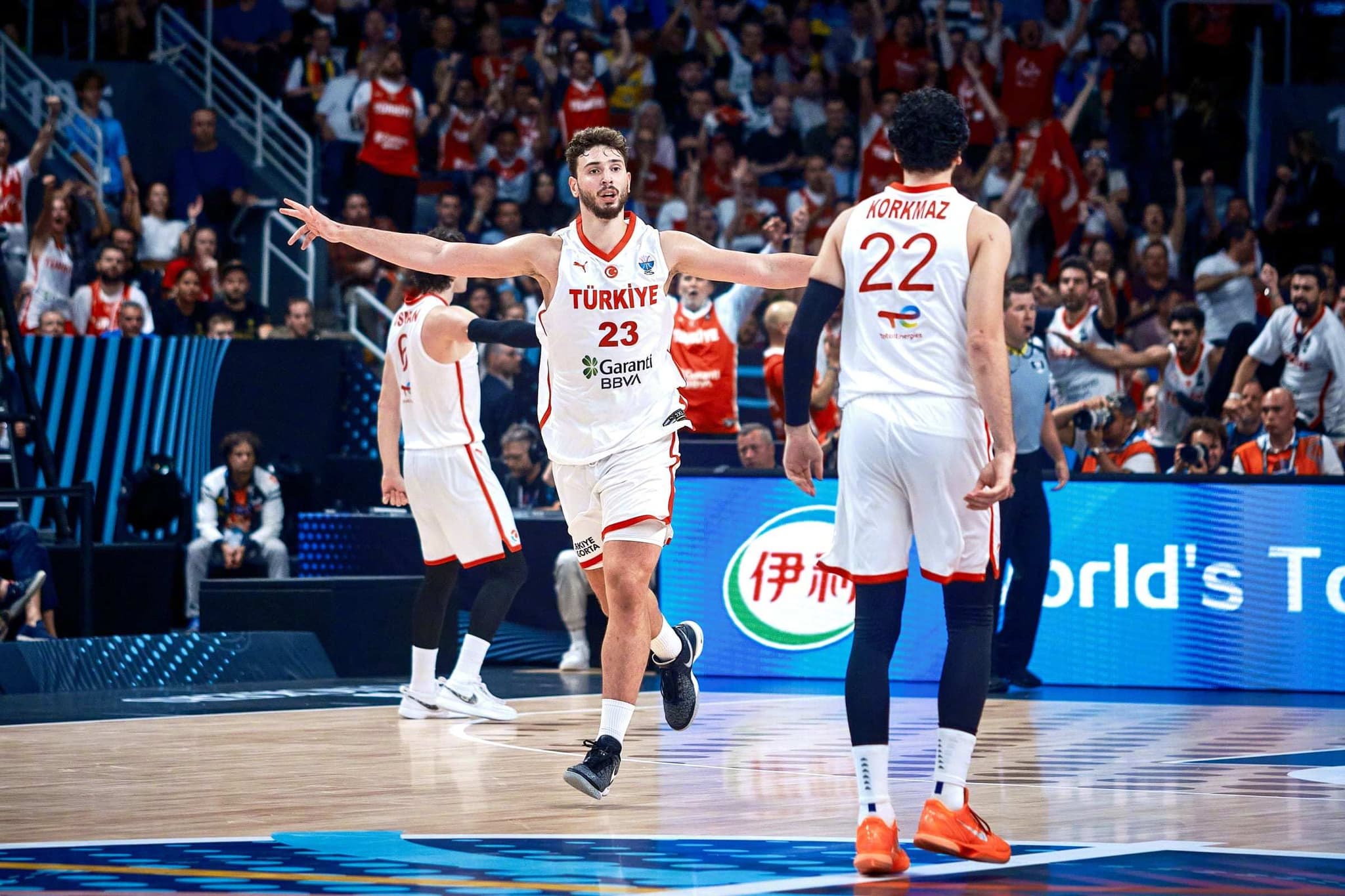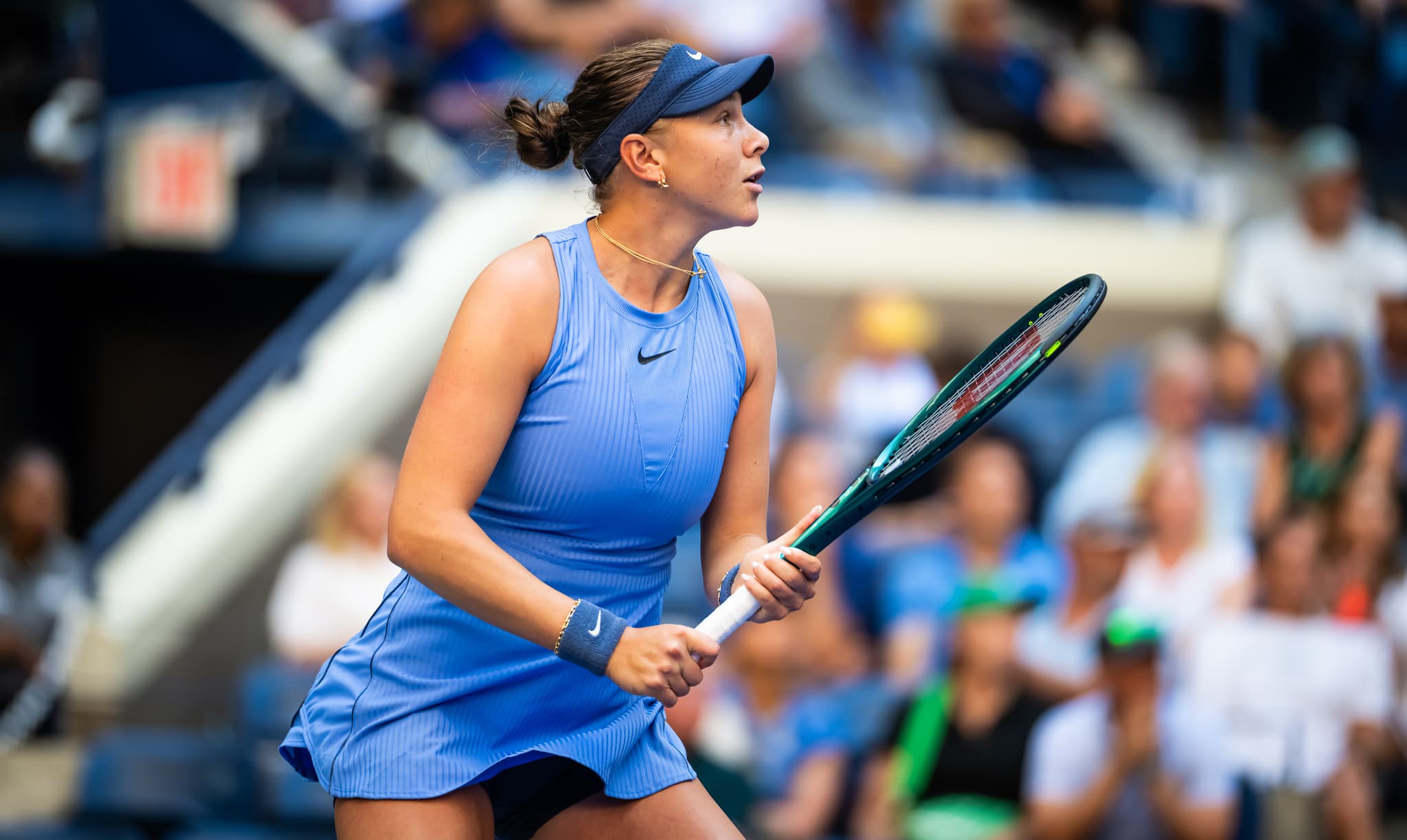Lionel Messi's Weibo Post Sparks Backlash in China
Title: Lionel Messi's Controversial Stance on China Ignites Online Firestorm

19 February 2024
Lionel Messi, one of the world's most celebrated footballers, found himself at the center of a social media storm in China after he failed to acknowledge Chinese fans during a recent video post on Weibo, China's Twitter-like platform. The Argentine player's vague and seemingly indifferent message left many Chinese netizens feeling ignored and disrespected, sparking a wave of angry reactions and calls for an apology.
In the video, Messi wished his followers a "Happy New Year" in Chinese, but instead of addressing China directly, he simply stated, "This is for my fans in Asia." The message left out any specific reference to China, prompting widespread criticism on Weibo. Users demanded an explanation, with many accusing the star of intentionally snubbing Chinese supporters.
"Cristiano's ins [Instagram] clearly portrays his happiness and comfort. But Messi, what's happening on your end?" asked one user, referring to a recent picture shared by Cristiano Ronaldo celebrating the Chinese New Year. "It seems like Lionel Messi can only love his fans in Asia if they use Weibo," lamented another.
The controversy arose from Messi's decision not to share the same message on Instagram, which is not officially accessible in China. Many Chinese football fans use VPNs to access the platform, leading some users to question whether Messi intentionally excluded them from his well-wishes.
"If only Fenerbahçe [a Turkish football club] had a match against Argentina, I would be so happy to see Messi not play because of an injury," commented another user, referencing a recent match in which Messi was unable to participate due to an injury.
Comments on the video ranged from disappointment and anger to mockery, with some users poking fun at the perceived PR blunder. Some even demanded an apology from Messi, questioning why he had not apologized for incidents involving other players, such as Hwo Jung's alleged involvement in the Hong Kong protests or Hwang Sun-hong's confrontation with South Korean football fans.
Amidst the backlash, Messi's PR team released a follow-up video on Weibo, with the star reiterating his appreciation for his Chinese fans and addressing the controversy. "I wanted to clarify some things through this video," Messi said in the clip. "I'm aware of the confusion and offense caused by my previous message, and I want to express my sincere apologies to all my Chinese fans who felt disrespected."
While the apology seemed to quell some of the anger directed at Messi, many users remained skeptical about the sincerity of the statement. Some accused the footballer of only addressing the issue after it had become a PR crisis, with one user suggesting that Messi should have posted the apology on Instagram instead of solely on Weibo.
This is not the first time a prominent football figure has faced criticism from Chinese fans. In 2019, former England captain Wayne Rooney sparked outrage when he referred to China as a "poor" country during a television interview. Rooney later apologized for his comments, but the incident highlighted the sensitivity of Chinese football fans to perceived slights or disrespect.
As the controversy surrounding Messi's Weibo post continues to unfold, it serves as a reminder of the increasingly influential role that social media platforms play in shaping public opinion and perceptions of global sports icons. For Messi, the episode also underscores the importance of engaging with fans across multiple platforms and being mindful of cultural nuances when addressing diverse audiences.
Share this article
Related Articles
Falcons Edge XG 3‑2 in TI14 Finals, Leaving Chinese Star Ame a Three‑Time Runner‑Up
By Trending on Weibo
Sports
15 Sept 2025

Germany Clinches Second EuroBasket Crown as Dennis Schröder Earns MVP in Thrilling 88‑83 Victory Over Turkey
By Trending on Weibo
Sports
15 Sept 2025
Wang Chuqin Secures Third WTT Macau Crown and Regains World No. 1 Ranking**
By Trending on Weibo
Sports
15 Sept 2025
Wang Chuqin’s Thrilling 3‑1 Victory Over Japan’s Rising Star Sparks Online Frenzy and Rekindles China‑Japan Table‑Tennis Rivalry
By Trending on Weibo
Sports
9 Sept 2025

World No. 1 Iga Świątek Stunned in US Open Quarterfinals, Ending Grand Slam Surge】
By Trending on Weibo
Sports
4 Sept 2025